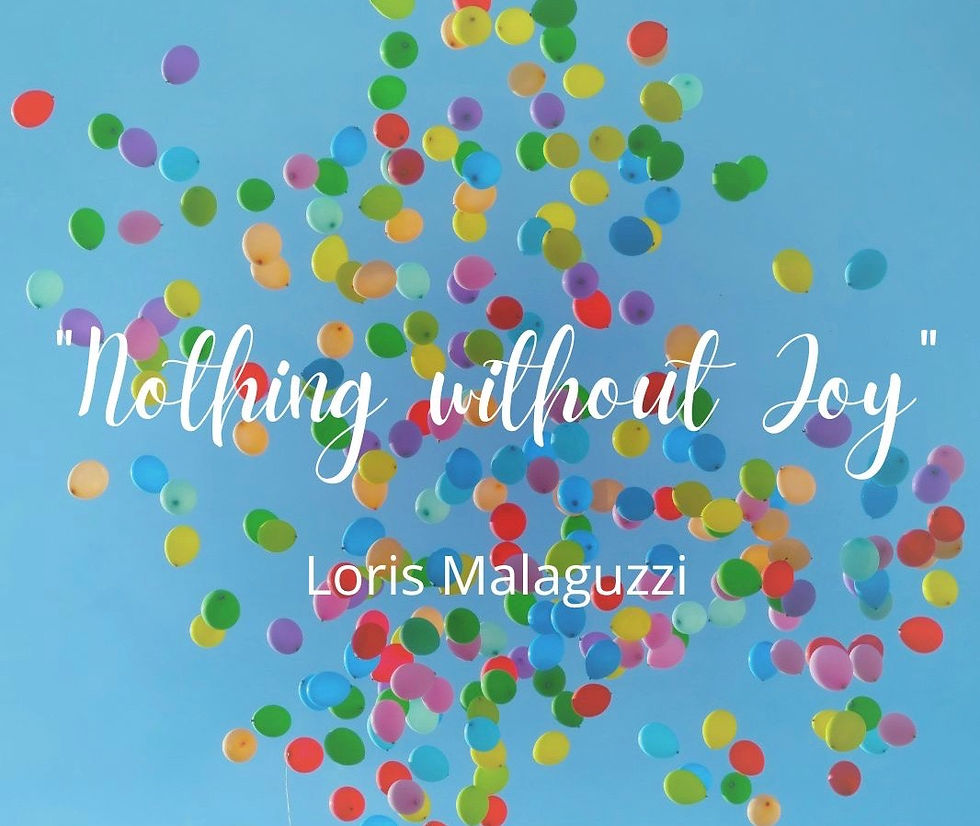"We All Have Hearts"
- marywbell53
- Mar 6, 2022
- 2 min read
Updated: Apr 25, 2022
“We all have hearts.” A child in my preschool class spoke those words nearly 20 years ago. At the time, I was touched by their beauty and wisdom; but I find them even more powerful and relevant today.

Wire sculpture - Child, age 4
There is a story behind those words. As teachers in an affluent and relatively homogenous community, my colleagues and I grappled with the challenge of bringing diversity into our classrooms in meaningful and developmentally appropriate ways. While we avoided gender stereotypes and embraced developmental differences, addressing racial diversity was more difficult.
Our dolls, books, and puzzles reflected the diverse world around us, but our children did not. So, the children’s questions and conversations about race were largely confined to their experiences with materials, rather than with people.
We decided to use self-portraits as a provocation to begin a deeper conversation. After creating small portraits with pen, we invited the children to paint life-size portraits. This led to the question, “What color will you paint your skin?”.
As we stood in a small circle, each with one arm outstretched toward the center, the children began to notice the subtle differences among their seemingly identical skin tones. They also noticed that none of the “multicultural” paints exactly matched anyone’s skin tone, so they carefully blended colors until they each had created a shade that was "just right”. This process led to other conversations and experiences that explored the similarities and differences among the children.
Later, during a group meeting, we posed the question, “How are you the same and how are you different?” We anticipated their responses noting differences in hair color, skin color, and gender.
Other answers surprised us: “Our voices are different” and “We are all Americans”.
And then came the response that almost took my breath away: “We all have hearts.”
That moment had faded from memory until a few weeks ago when I, like so many others, felt compelled to look with fresh eyes at my beliefs, assumptions, and biases about race and equality. It is not a quick, easy, or comfortable process; but I believe it is an essential one.
Young children notice everything in the world around them, including differences among the people they encounter. The attitudes and judgments they develop about those differences will be shaped, in a significant way, by the beliefs and values of the important adults in their lives.
Those adults include their teachers. The lens through which they see the world will be influenced by our words, our actions, the materials we offer, the questions we ask, and the questions we avoid.
I think of teaching as a journey, not a destination. That feels especially true now, as I reflect on my life experiences as a white female and redefine what I believe and who I want to be in my interactions with others, especially with young children.
I created the image below as an expression of those beliefs and aspirations. It was inspired by the simple yet powerful truth that young children innately know, and we adults too often seem to forget: “We all have hearts.”




Comments